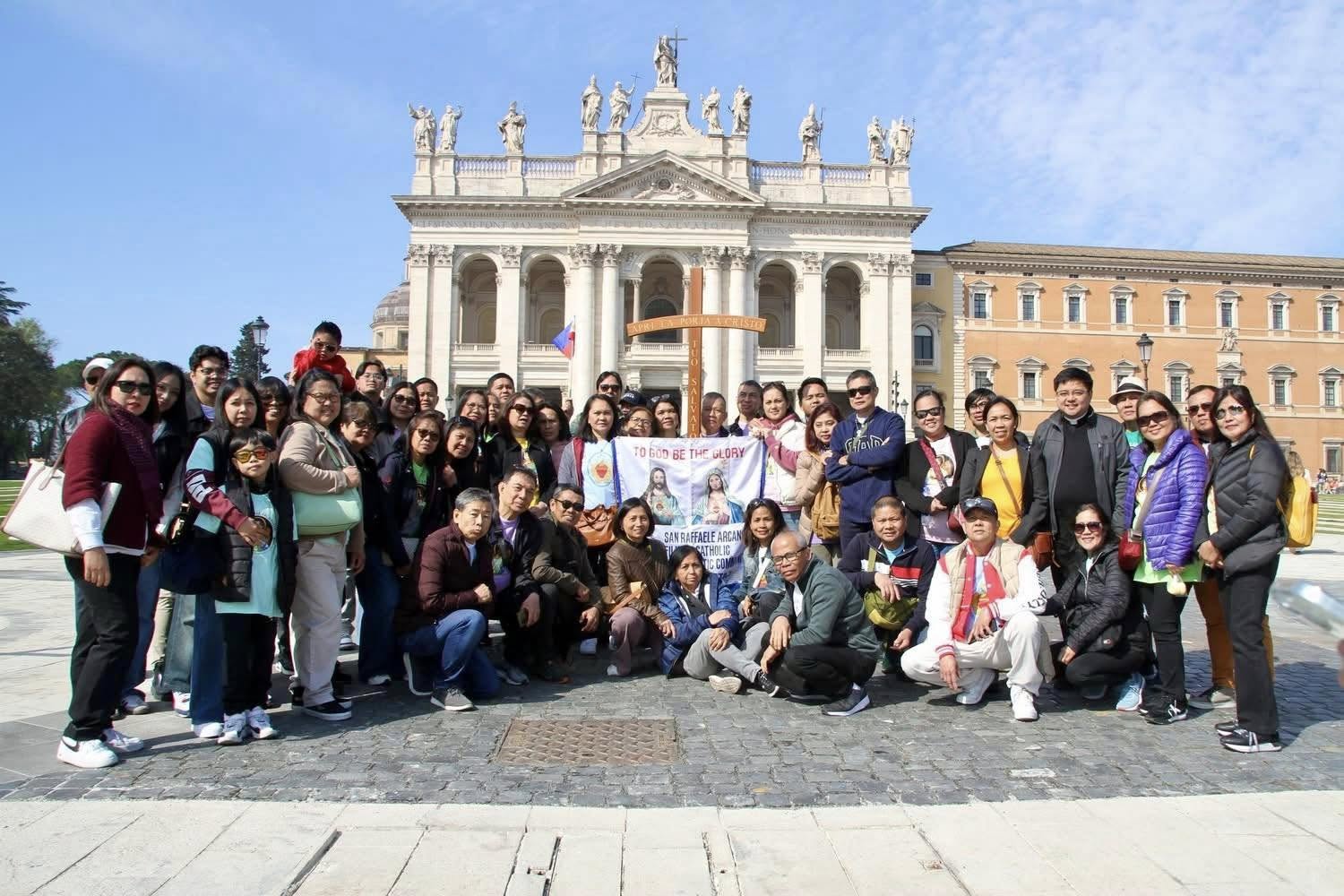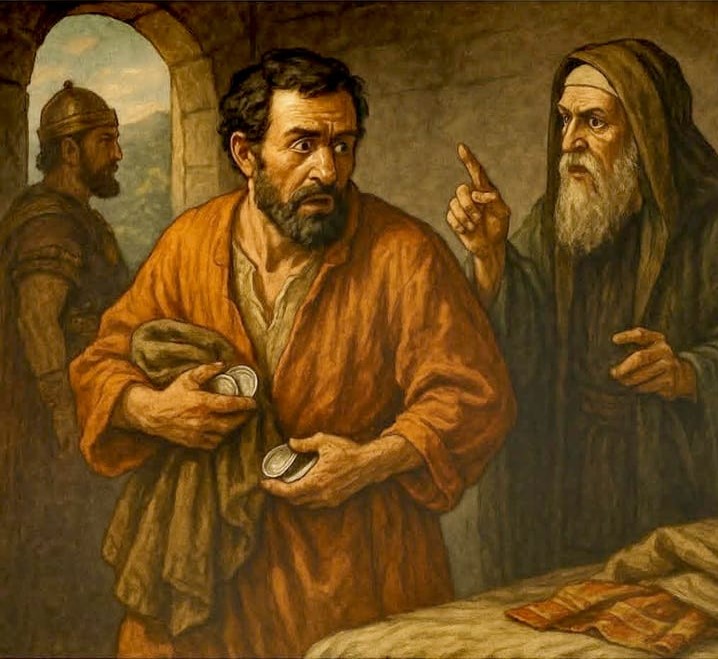The language of the Gospel, especially its apocalyptic tones, often strikes a dissonant chord within our modern psyche. We either spiral into fearful speculation about a punishing God and a catastrophic end, or we flatten its profound mystery into a mere moralism about the suddenness of physical death. Both interpretations are a flight from the true, transformative power of the Word, born from a misreading of its sacred genre. Let us remember the fundamental key: the Gospel is, by its very nature, Good News. Any interpretation that breeds anxiety instead of hope, fear instead of conversion, or turmoil instead of peace within the soul is a distortion, moving us away from the heart of God, which is love and salvation.


 Follow
Follow








